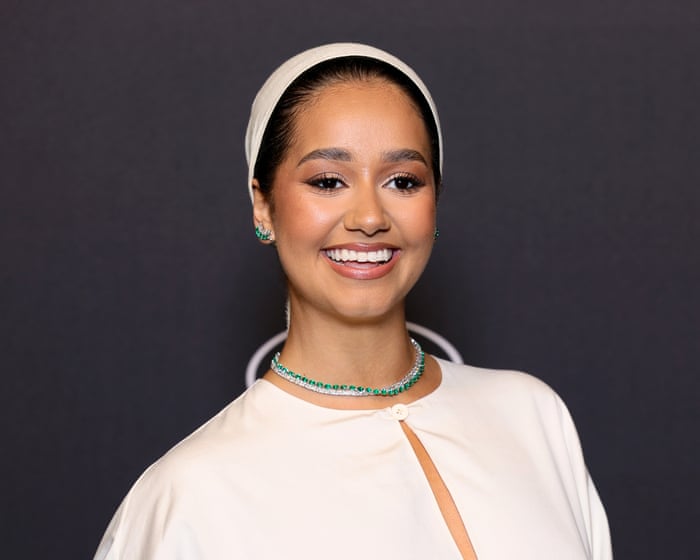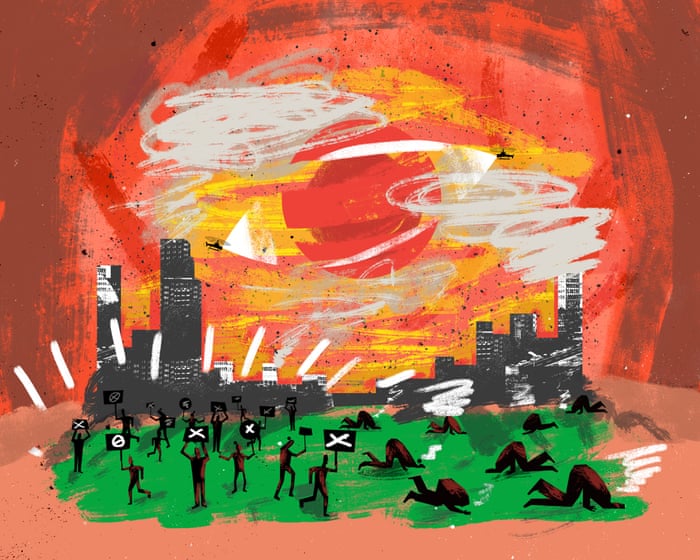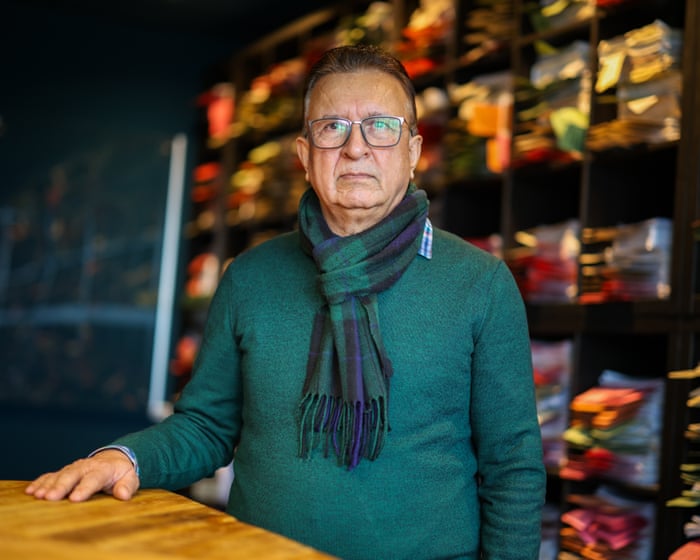Being a Muslim in France, a country with a deep colonial past that has also faced terrorist attacks carried out in the name of Islam, is a daily challenge.
In January 2015, like all of France, I was deeply shaken by the Charlie Hebdo massacre in Paris. As the nation grieved, a major radio station invited me to comment—but first, live on air, I was asked to “distance myself” from the attackers.
I had criticized Charlie Hebdo’s content before, but always within the bounds of legitimate debate. Yet suddenly, as a Muslim, I was treated with suspicion. To be allowed on air, I had to declare my innocence—to publicly state I had no connection to the violence.
I couldn’t hold back my tears. Despite my media presence, I was reduced to the crudest racist stereotype. Others on the show defended me, and I received support online, but I couldn’t stop thinking of the millions of French Muslims who, unlike me, had no platform to counter such accusations.
Years later, I joined a TV debate titled: Is the White Man Always Guilty? I expected a discussion on race and gender. Instead, philosopher Pascal Bruckner accused me of using my identity as a “Black, Muslim woman” to incite hatred against Charlie Hebdo. He claimed my words had “led to the murder of 12 people.” I firmly denied any responsibility for terrorism, but he wouldn’t relent.
He attacked me for signing a 2011 statement—along with 20 other academics and activists—after a petrol bomb damaged Charlie Hebdo’s offices (luckily causing no injuries). The statement criticized the media’s disproportionate focus on the attack while ignoring vandalism against mosques. It also highlighted the lack of outrage when a Roma man died in an arson attack in Paris. Nothing in it encouraged violence.
Yet the next day, Bruckner repeated his accusations in an interview, falsely claiming he had “exposed my ties to political Islam” and framing my criticism of Charlie Hebdo’s racism and Islamophobia as a crime.
I sued him for defamation, seeing his attack as rooted in prejudice against my background and faith. But defending myself was spun as another provocation.
The conservative Le Figaro ran a vicious article before the trial, calling me a Muslim Brotherhood-inspired activist using lawsuits to “silence critics of Islamism.” Taking legal action as a Muslim woman was painted as a “jihadist” conspiracy.
This smear tactic is used repeatedly to discredit Muslims who speak against Islamophobia. When footballer Karim Benzema expressed solidarity with Gaza in 2023, Interior Minister Gérald Darmanin baselessly accused him of having “links to the Muslim Brotherhood.”
In May, a government-commissioned report on the Muslim Brotherhood in France further fueled these harmful stereotypes.The Muslim Brotherhood fueled suspicion toward all French Muslims by spreading conspiracy theories about supposed “infiltration.” As socio-anthropologist Hamza Esmili noted, the report was “intellectually impoverished.” Yet Interior Minister Bruno Retailleau used alarmist rhetoric, claiming it revealed “a clear threat to the republic and national cohesion” and “a quiet form of Islamist infiltration aiming to impose sharia law on French society.”
However, the report itself clearly stated: “No recent evidence suggests French Muslims intend to establish an Islamic state or enforce sharia law.” It also noted that the Brotherhood’s membership in France is estimated at just “400 to 1,000 people.”
Esmili argues that French Muslims embody a paradox: fully integrated into society while maintaining cultural distinctiveness. This very balance—integration without assimilation—is held against them. The government condemns Muslim “separatism” while simultaneously warning of Muslim “infiltration.” Muslims are damned either way—criticized for being part of society and for standing apart from it.
No matter their social standing, Muslims in France are often viewed with suspicion, seen as potential carriers of a radical ideology—the “enemy within.”
This bias was evident when fashion influencer Léna Situations wore a headscarf on the Cannes red carpet. A senior official in Macron’s party accused her of religious “infiltration,” as if her attire alone signaled extremism. Though she never mentioned religion, her Algerian heritage was enough to cast doubt.
Even non-Muslims who challenge this hostility face accusations. Rabbi Emile Ackermann, an outspoken critic of Islamophobia, was baselessly accused of promoting “Brotherist” ideology. Such absurd claims would be laughable if not for the rising tide of Islamophobic violence. Take the case of hairdresser Hichem Miraoui, murdered in southern France in what investigators believe was a racially motivated terrorist act. His killer had posted anti-Muslim rhetoric online, claiming the state failed to “protect us from Muslims.”
Yet the state itself perpetuates the narrative that Muslims are a problem.
During my defamation case against Bruckner, his lawyer leaned into these stereotypes, suggesting—without evidence—that I might be linked to “foreign powers” or even mentioned in Charlie Hebdo’s archives. Political scientist Elyamine Settoul countered this, testifying that terrorists radicalize through direct contact, not intellectual debates.
Nicolas Hénin, a former ISIS hostage and extremism expert, further emphasized that radicalization stems from personal networks, not abstract ideological influences. The real danger lies not in Muslim integration but in the persistent scapegoating that fuels division and violence.Hénin testified that my name did not appear in either the legal case about the January 2015 attack or any related research. He told the court that jihadists despise people like me because of my “multicultural progressivism,” which goes against their religious beliefs.
Bruckner was initially acquitted because he had only assigned me “moral responsibility” and urged me to “acknowledge the impact of my words and actions.” However, the appeals court overturned the first ruling, acknowledging that Bruckner’s comments were defamatory—yet still acquitted him, accepting that he had spoken “in good faith.”
Just as East Asians were once stereotyped as the “yellow peril” or Jews were labeled “cosmopolitan,” we now see the same dangerous racist rhetoric—the idea of a foreign group secretly infiltrating France’s centers of influence.
Rokhaya Diallo is a Guardian Europe columnist.



